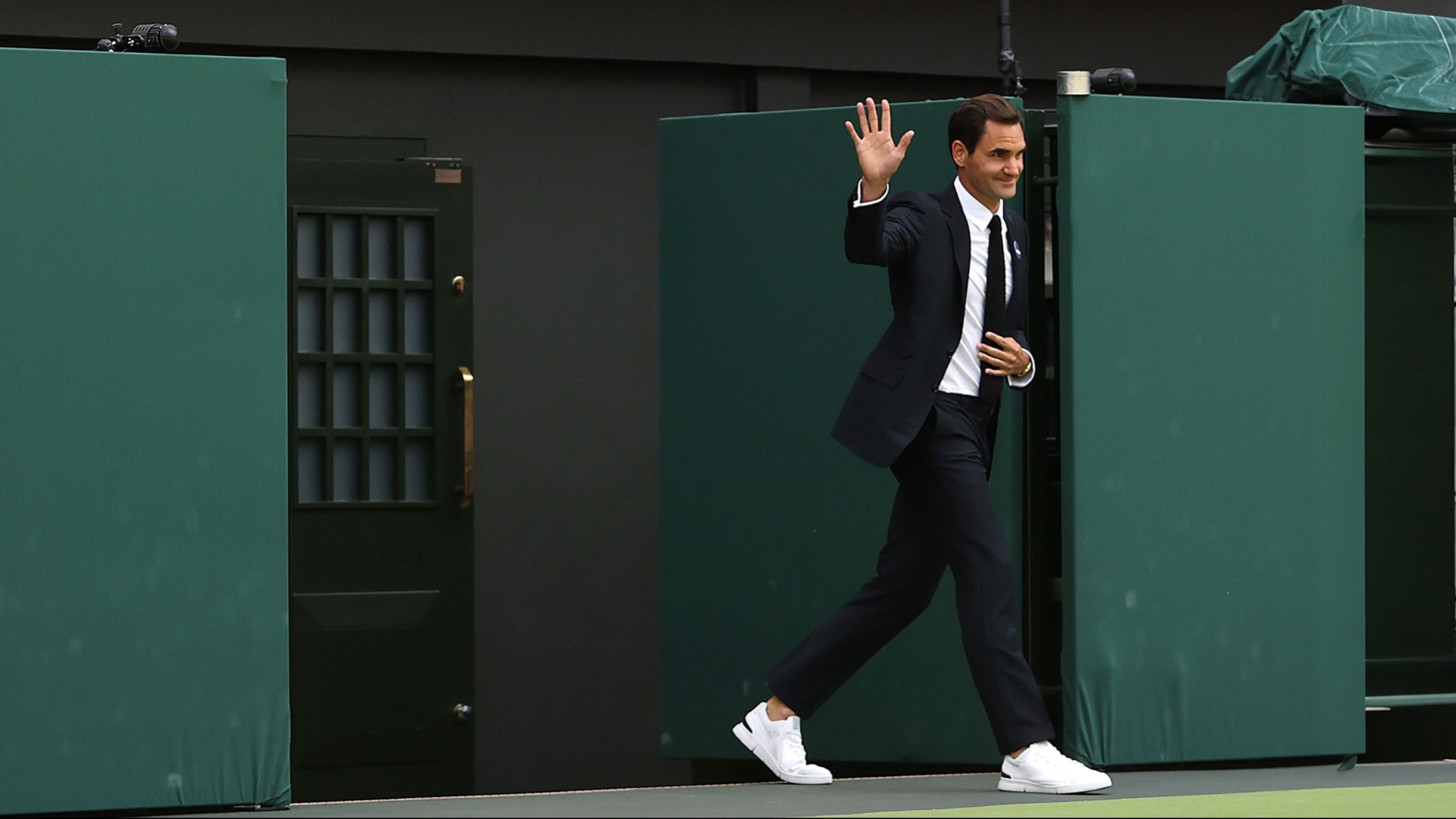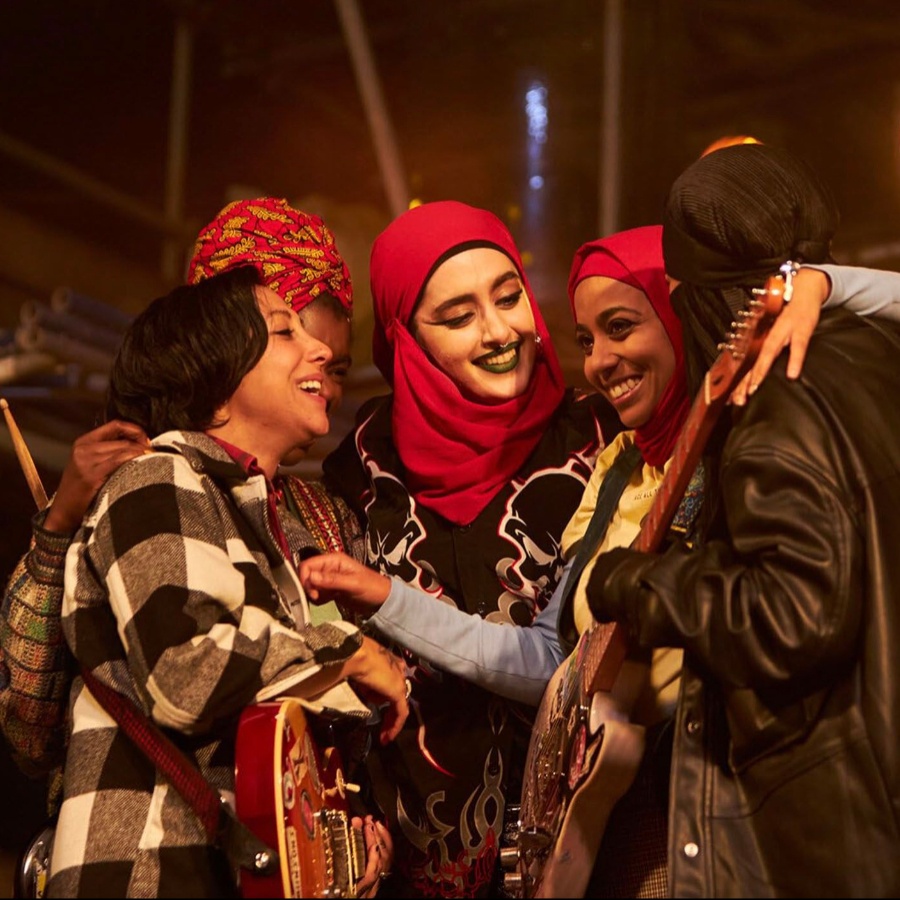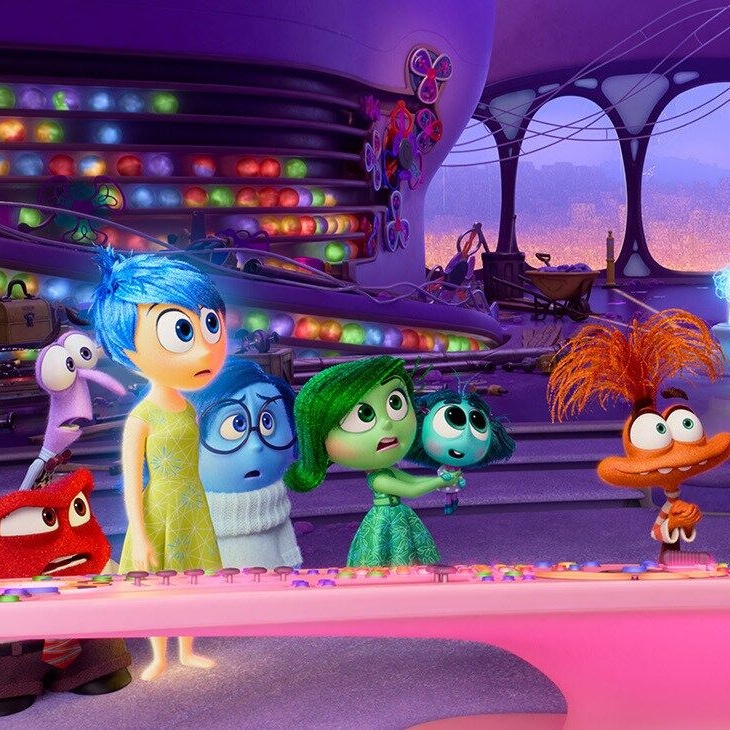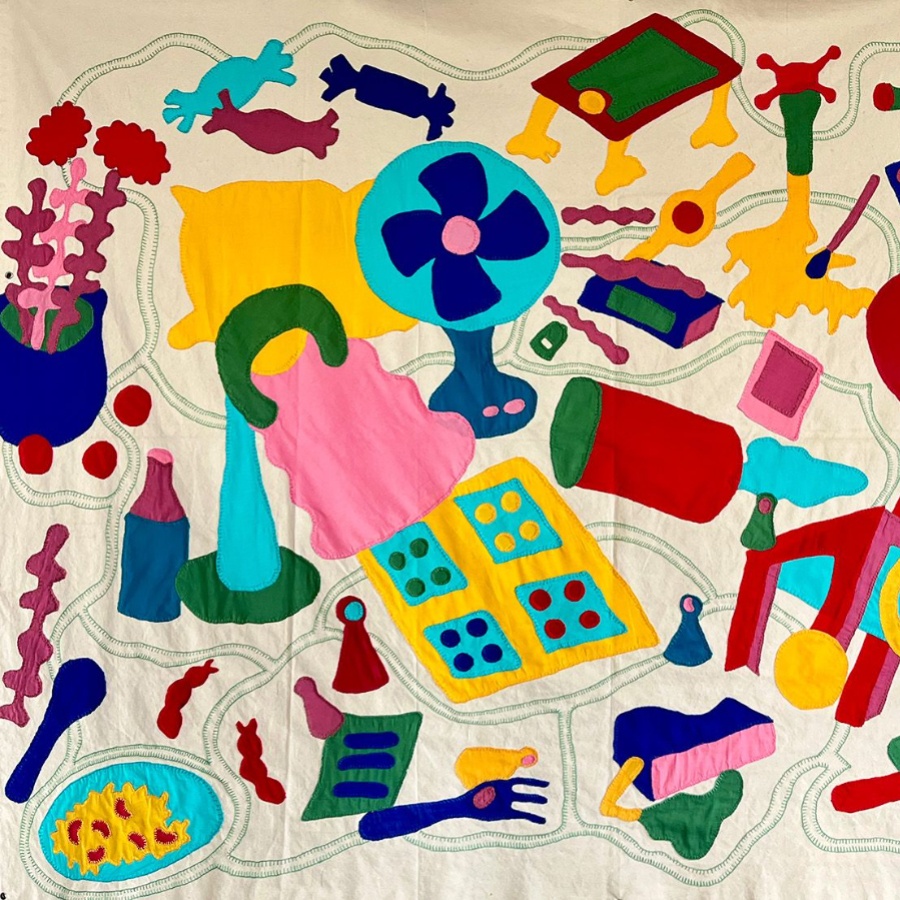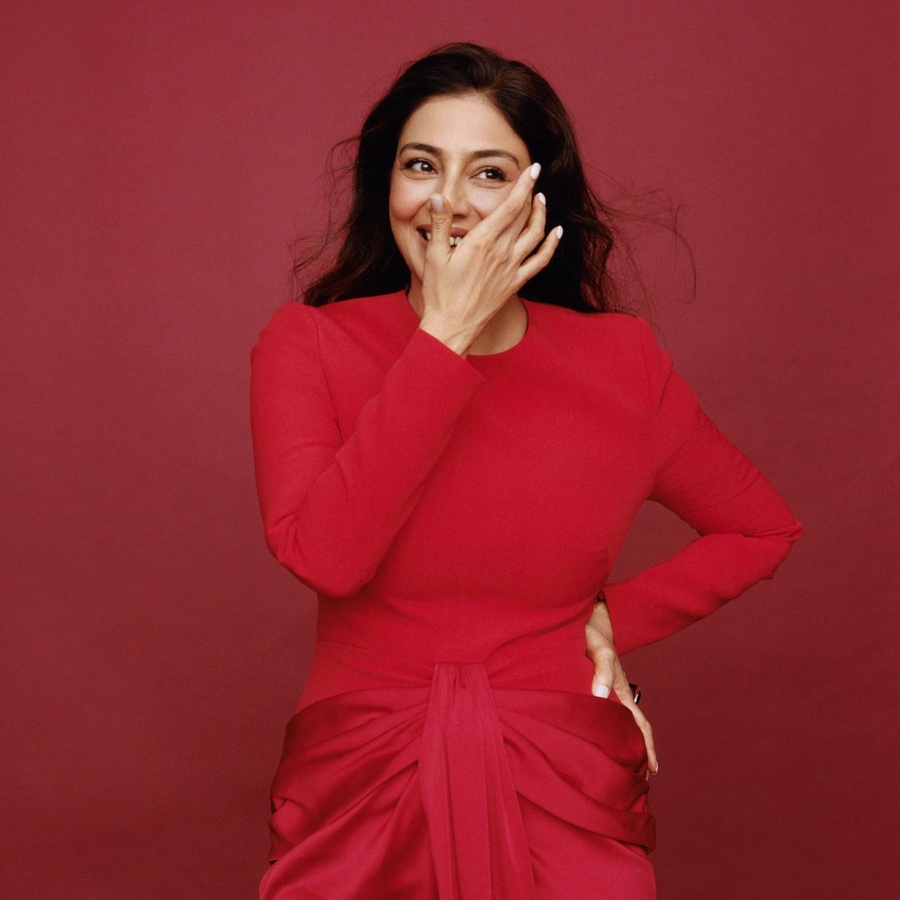The appeal of celebrity documentaries often hinges on the behind-the-scenes glimpses it offers into the lives of well-known figures, going beyond their familiar public persona to reveal the complexities of their human experience. Last year, Netflix’s mini-series Beckham (2023) gave audiences a ringside seat to witness unseen spaces and moments with football and pop culture royalty David and Victoria Beckham (so much so, that the ‘Be honest’ moment achieved viral status).
In Federer: Twelve Final Days, which drops on Prime Video today, director Asif Kapadia captures Roger Federer, the immensely likeable Swiss tennis star, through interviews with his wife, Mirka, his parents, and the two sets of twins on camera, as well as his friend and greatest rival, Rafael Nadal.
As the title suggests, Kapadia set out to capture the last 12 days of Federer’s playing career, offering a window into the sporting legend’s life, including his decision to retire from tennis and the day he played his last professional match, on September 23, 2022. That doubles match at the Laver Cup in London, which he and his partner Nadal lost, was a worthy send-off to mark the end of a remarkable career that spanned more than two decades. During that time, he had been the world’s number one ranked player several times, took home 20 Grand Slam singles titles and broke several records.
There are tears, of course. There is a little bit of tennis. There is some camaraderie, some rivalry. A few glimpses of that balletic serve, the glided movements and the one-handed backhand—a rare skill that is, by popular accounts, heading towards extinction. But Twelve Final Days is not really about sports or greatness. It’s a love story between Federer and tennis, between Federer and his fans. This is not typical Asif Kapadia territory. The director, better known for Senna (Ayrton, the F1 driver), Amy (Winehouse, the musician) and Diego Maradona (the footballer), is usually digging deep, unspooling reams of archival footage for his gritty biopics. With Twelve Final Days, he and co-director Joe Sabia deliver a feel-good, bittersweet film, a soothing balm for those still hurting from Federer’s exit from the sport arena, the proverbial final wave after the goodbyes. Beyond retirement, camaraderie, and sportsmanship, says Kapadia, the film is “like a love story ending. It’s Roger’s love for the sport and for his fans. That’s going to change when you’re not playing.”

Still of an emotional Federer with his wife Mirka
In the 100-minute film, the famously emotional Federer’s tears come only towards the end, after he bids goodbye to the tennis court at the O2. They come only after Nadal makes an appearance, around the 45-minute mark, because their stories are inseparable, whether seen from the perspective of the sport or their personal journeys.
What the documentary also gives us is a look at Federer’s life as a father and husband—in fact, getting Mirka to speak on camera is one of the film’s achievements. You get a sense of his inner circle of people, besides his parents, former player and friend Mary-Joe Fernandes, and agent Tony Godsick, who, when it’s raining, tells Vogue editor-in-chief Anna Wintour that the “Alps are shedding a tear” for Federer.
There are some revelatory confessions in the mix: Federer gets candid about how his loss to Hubert Hurkacz in the 2021 Wimbledon quarterfinals was one of the worst moments of his career, expresses regret for not giving Novak Djokovic due respect when the latter was a newcomer, and admits to not being able to figure out or “unlock” Nadal.
In the poignant last moments of the film, at the Laver Cup, Djokovic struggles to hold back tears after Federer whispers something in his ears. Nadal sobs away in the changing room after losing the doubles match. “I will miss seeing him play tennis,” says Mirka, her voice quivering.
“We cried together with six and a half thousand people—that’s unique,” says Federer. It definitely is. There are not many sportspeople who can achieve that.
(With inputs from Udita Jhunjhunwala)
